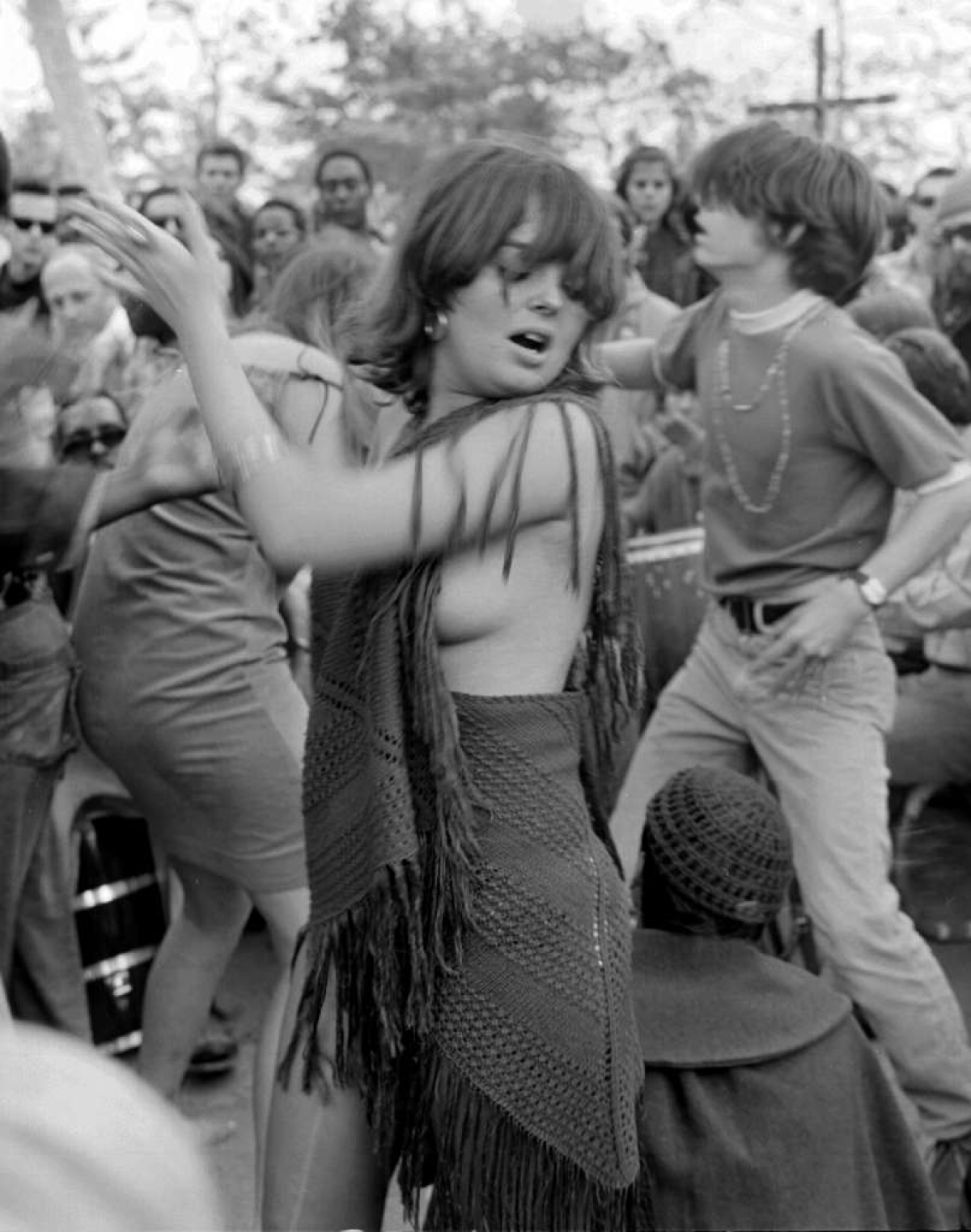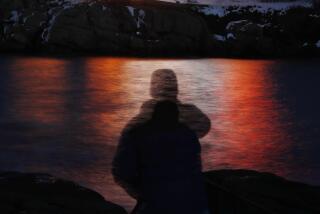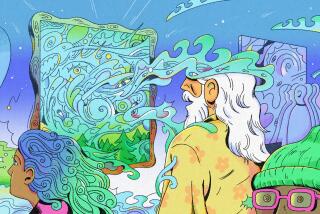First trial of LSD as medicine in 40 years shows promise

For the first time in more than four decades, the drug lysergic acid diethylamide -- better known as LSD -- has been the experimental adjunct to psychotherapy in a controlled clinical trial approved by the U.S. Food and Drug Administration. And a newly published study on that trial reports that the medicationâs anti-anxiety effects on patients facing life-threatening illnesses were sizable, sustained -- and free of worrisome side effects.
In short, everything was groovy.
In a pilot study conducted in Switzerland, 12 patients suffering deep anxiety due to serious illnesses participated in several drug-free psychotherapy sessions, and then joined a pair of therapists for two full-day psychotherapy sessions, separated by two to three weeks, under the influence of LSD. After tapering off any anti-anxiety or antidepressant medications and avoiding alcohol for at least a day, subjects in the trial were given either a 200-microgram dose of LSD or an âactive placeboâ of 20 micrograms of the drug.
RELATED: Turn on, tune in and get better?
While the placebo dose was expected to produce short-lived and detectable LSD effects, it was not expected to improve the psychotherapeutic process. The larger dose was âexpected to produce the full spectrum of a typical LSD experience, without fully dissolving normal ego structures,â the researchers wrote.
Patients who got the higher dose of LSD for the two sessions reported less anxiety after their LSD trips, whereas anxiety built among the four subjects who did not get the full dose.
More important, subjects who got the full dose experienced measurable and lasting improvements in their âstateâ and âtraitâ anxiety scores, which reflect anxiety levels that are buffeted by changing circumstances (state) and those that are stable aspects of personality (trait). Eight weeks after the intervention, those who got full doses of LSD had declines in both state and trait anxiety. By contrast, trait anxiety increased for all four of those who got the placebo dose, and state anxiety rose in two of the four.
[Updated 9:33 p.m. PST, March 5: The study, led by a private-practice psychiatrist in Switzerland, was published online this week in the Journal of Nervous and Mental Disease. It was sponsored by the Multidisciplinary Assn. for Psychedelic Studies, or MAPS, a nonprofit group based in Santa Cruz that encourages research on legitimate therapeutic uses for hallucinogens.]
In recent years, medical and public attention to patientsâ end-of-life and palliative care has been on the rise. Against that backdrop, the U.S. government has begun to ease its longstanding resistance to the exploration of drugs such as LSD as a means to ease what some have called âexistential anxiety.â
Research on the therapeutic potential of other drugs known for their popularity on the street -- including the psychoactive agent in psilocybin mushrooms and MDMA, or Ecstasy -- also is getting the federal governmentâs go-ahead. In addition to several studies using MDMA along with psychotherapy for treatment of end-of-life anxiety, the drug is under study -- and has shown promise -- as a treatment for post-traumatic stress disorder.
No flashbacks or other prolonged effects were observed, and only six adverse events -- including illusions, emotional distress, and feeling cold or abnormal -- were reported by subjects during their experience, but those were resolved quickly as the drugâs effects wore off.
In a way, the pilot trial was a return of LSD to its homeland. Discovered in 1938 in Basel by Swiss chemist Albert Hofmann of Sandoz Laboratories, LSDâs psychoactive effects were quickly put to use by psychiatrists treating alcohol dependence, psychosomatic disorders and neurosis. This time, the capsules containing the experimental medication were made up at Bichsel Labs in Interlaken, Switzerland.
LSD-assisted psychotherapy was practiced widely and openly in the United States until 1966 -- and much later outside the U.S. But as the psychedelic street drug became the beloved object of âincreased nonmedical use,â it was made illegal in 1966, ending all U.S. research on its potential therapeutic benefits.
[For the Record, 12:44 p.m. PST March 5: An earlier version of this post incorrectly spelled the name of the Swiss firm that made the LSD used in the study as Bischel Labs. It should have said Bichsel Labs.]







